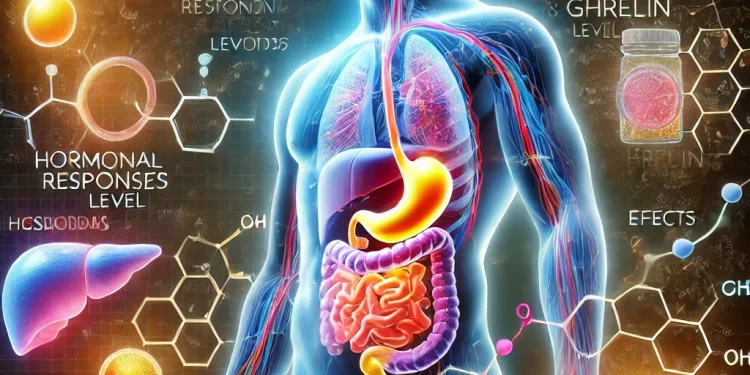Introduction
Many aspire to shed excess weight, but the journey isn’t always smooth sailing. Delving into the truth about weight loss reveals a complex interplay between our bodies and the methods we employ to slim down. This exploration sheds light on the physiological and psychological impacts of weight loss efforts, detailing what works, what doesn’t, and the potential pitfalls along the way.
The Biological Battle: How Your Body Reacts to Weight Loss
Losing weight triggers a series of biological responses that can complicate the process. When you reduce calorie intake, your body decreases the production of leptin, the hormone responsible for signaling fullness, while increasing ghrelin, which stimulates hunger. This hormonal imbalance persists post-weight loss, making it challenging to maintain results over time. Rapid calorie cuts can also slow your metabolism, thwarting your efforts to shed pounds effectively.
Supplements: Promises and Pitfalls
Weight loss supplements promise quick fixes, often claiming to curb appetite or enhance metabolism. While some may temporarily suppress hunger or increase fullness, their effectiveness varies widely. Many supplements lack rigorous scientific backing, and some can pose serious health risks. For instance, certain supplements may elevate heart rate, potentially endangering cardiac health. Moreover, prolonged use of such supplements can affect mental health, contributing to anxiety, mood swings, and sleep disturbances.
Debunking the Fad: The Truth About Miracle Diets
 Popularized by celebrities and media, miracle diets such as those involving apple cider vinegar, grapefruit, or maple syrup promise rapid weight loss. However, scientific evidence supporting their efficacy is scant. While these diets may induce short-term weight loss through calorie restriction, they often fail to provide sustainable results. Long-term adherence to such restrictive diets can also lead to nutritional deficiencies and metabolic imbalances.
Popularized by celebrities and media, miracle diets such as those involving apple cider vinegar, grapefruit, or maple syrup promise rapid weight loss. However, scientific evidence supporting their efficacy is scant. While these diets may induce short-term weight loss through calorie restriction, they often fail to provide sustainable results. Long-term adherence to such restrictive diets can also lead to nutritional deficiencies and metabolic imbalances.
The Mental Health Toll: Understanding the Emotional Side
Embarking on a weight loss journey can take a toll on mental well-being. Beyond the physical challenges, individuals may experience heightened anxiety, mood fluctuations, and insomnia, particularly when relying on supplements or extreme diets. It is crucial to prioritize holistic approaches that consider both physical and mental health to ensure a balanced and sustainable weight loss journey.
Conclusion
Achieving and maintaining a healthy weight involves navigating a landscape of biological, nutritional, and psychological factors. While the desire to lose weight is common, it is essential to approach it with informed decisions and realistic expectations. Opting for sustainable lifestyle changes, balanced nutrition, and regular physical activity not only supports weight loss but also promotes overall well-being. By understanding the complexities and potential risks involved, individuals can make empowered choices that lead to lasting health benefits.








